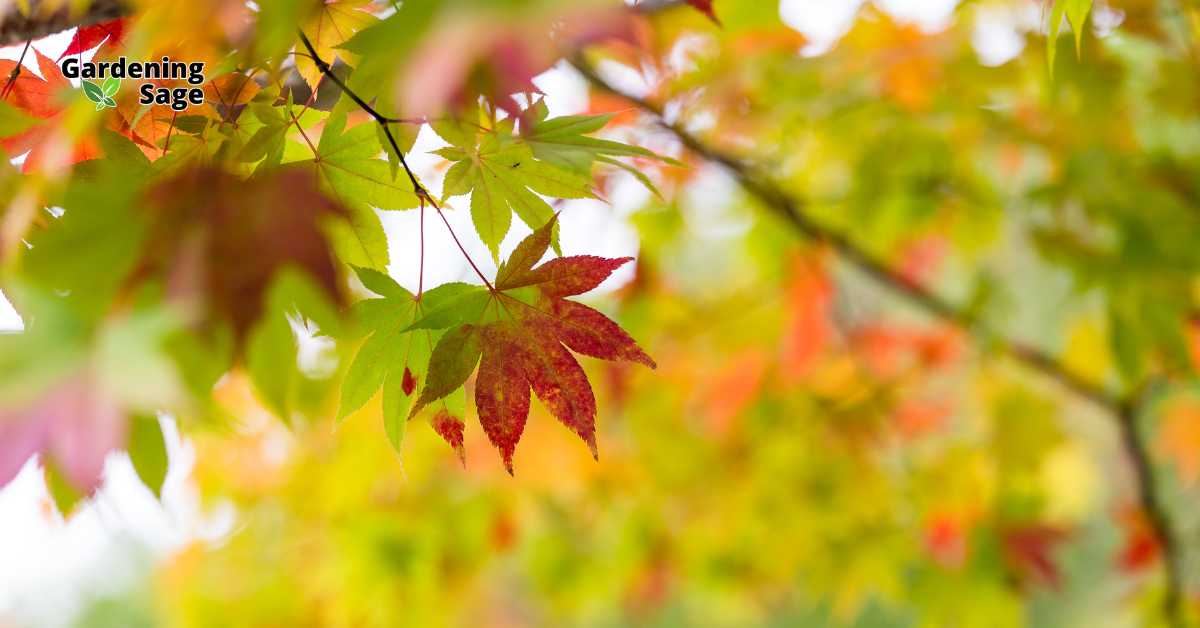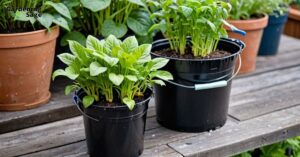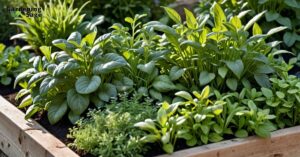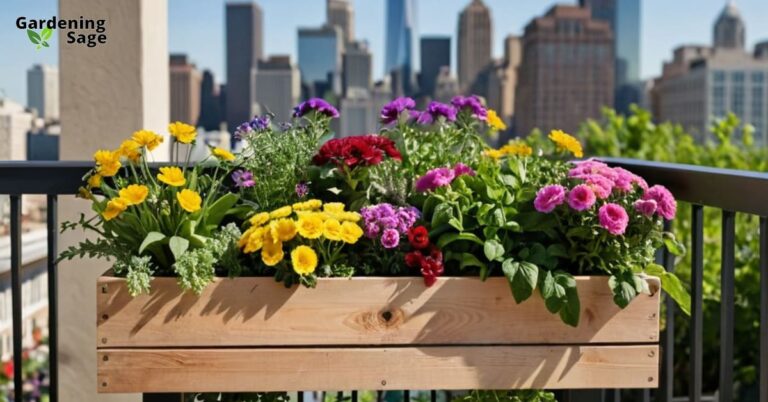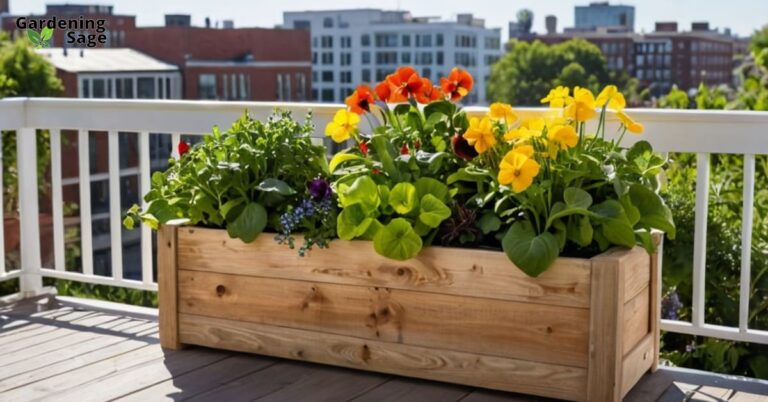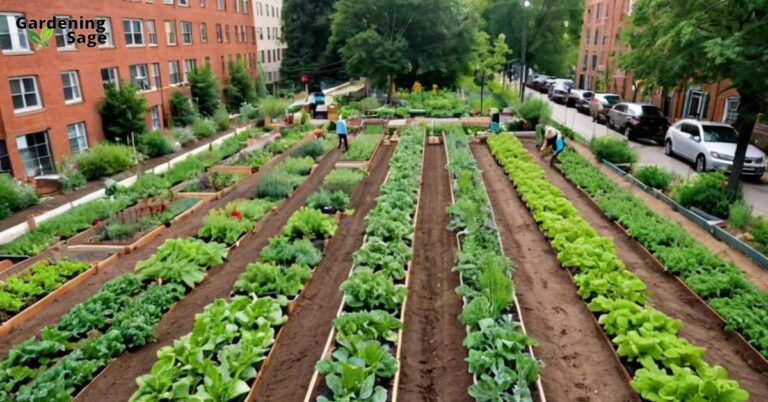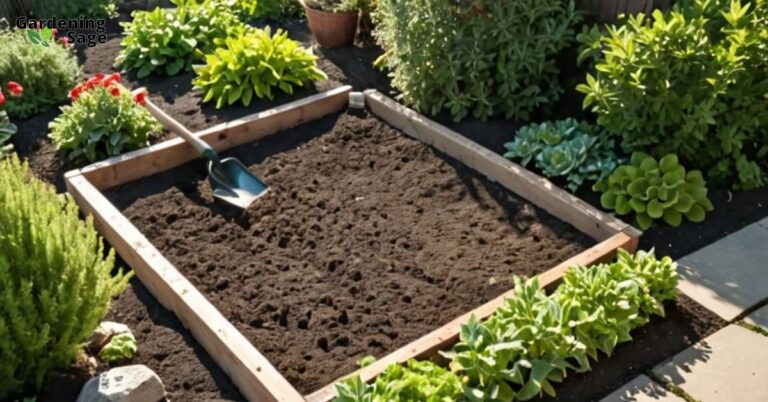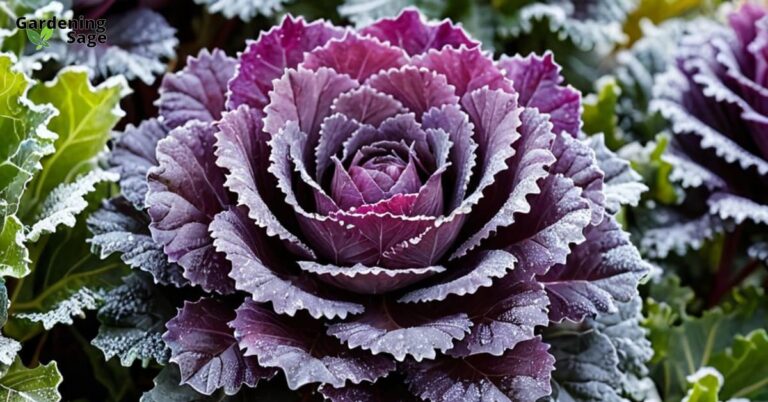In the dynamic landscape of gardening, climate change has emerged as a defining factor influencing the health and vitality of our plants. This comprehensive guide aims to empower you as a Green Guardian, providing insights into the intricate relationship between climate change, plant protection, and gardening brilliance.
Uncover high-traffic tips for growing resilient gardens, specifically tailored for the challenges of autumn and February. Let’s embark on a journey where your garden becomes a testament to nature’s resilience in the face of a changing world.
Understanding the Impact of Climate Change on Plants
The warming climate and shifting weather patterns pose unprecedented challenges to our plant life. The impact of climate change on plants is profound, affecting their growth cycles, susceptibility to diseases, and overall well-being.
It is essential to comprehend these changes to develop effective plant protection strategies.
Adapting Plant Protection Strategies for a Changing Environment
As stewards of the environment, adapting plant protection strategies is crucial in the face of a changing climate. Embrace eco-friendly practices, including organic pest control and sustainable watering methods, to safeguard your plants while minimizing your environmental footprint.
These strategies not only protect your green spaces but also contribute to the overall health of the planet.
Autumn Gardening Tips: Preparing Plants for the Changing Season
Autumn brings a tapestry of colors, but it also signals a transition in weather conditions. Safeguard your garden during this time with the following autumn gardening tips:
Mulching for Soil Insulation:
Apply a layer of organic mulch around the base of plants to regulate soil temperature, reduce moisture loss, and protect roots from sudden temperature changes.
Pruning for Plant Health:
Trim back overgrown branches and dead foliage to enhance air circulation and prevent the growth of mold or fungal diseases.
Selecting Resilient Plant Varieties:
Choose plant varieties that can withstand autumn conditions, ensuring they remain robust amidst temperature variations and potential frost.
February Gardening Tips: Navigating Late Winter Challenges
As February ushers in the late stages of winter, gardeners face unique challenges. Implement these February gardening tips to protect your plants during this critical period:
Cold Frame Protection:
Utilize cold frames or row covers to shield delicate plants from harsh late-winter weather, providing a microclimate for their growth.
Soil Enrichment for Spring Readiness:
Begin soil enrichment activities, such as adding compost and organic matter, to prepare your garden for the upcoming spring planting season.
Monitoring and Early Intervention:
Regularly inspect plants for signs of stress or disease, intervening early to prevent issues from escalating.
Embracing Biodiversity for Resilient Gardens
Biodiversity is a powerful ally in the face of climate change. Diverse plantings create ecosystems that are more adaptable to changing conditions, promoting natural pest control and enhancing overall garden resilience.
Consider incorporating native plants and fostering a habitat that attracts beneficial insects.
Water Conservation in the Face of Changing Rainfall Patterns
Altered rainfall patterns are a common consequence of climate change, making water conservation critical for plant protection.
Implement water-wise practices, such as drip irrigation and rainwater harvesting, to ensure efficient water use and reduce reliance on traditional water sources.
Community Engagement: Sharing Knowledge for a Greener Future
As a Green Guardian, extend your impact by sharing knowledge within your community.
Organize workshops, participate in local gardening events, and collaborate on initiatives that promote sustainable and climate-resilient gardening practices. Together, we can create a greener and more resilient future.

